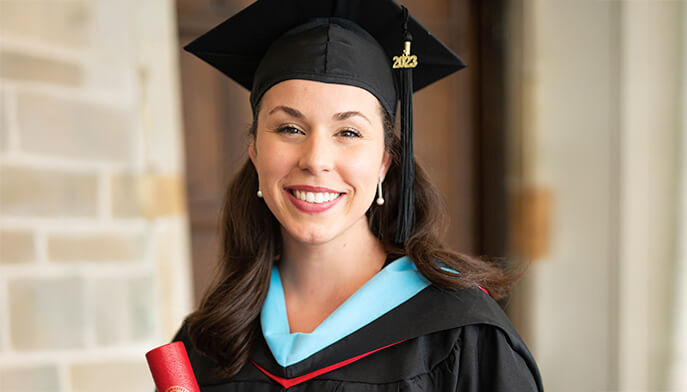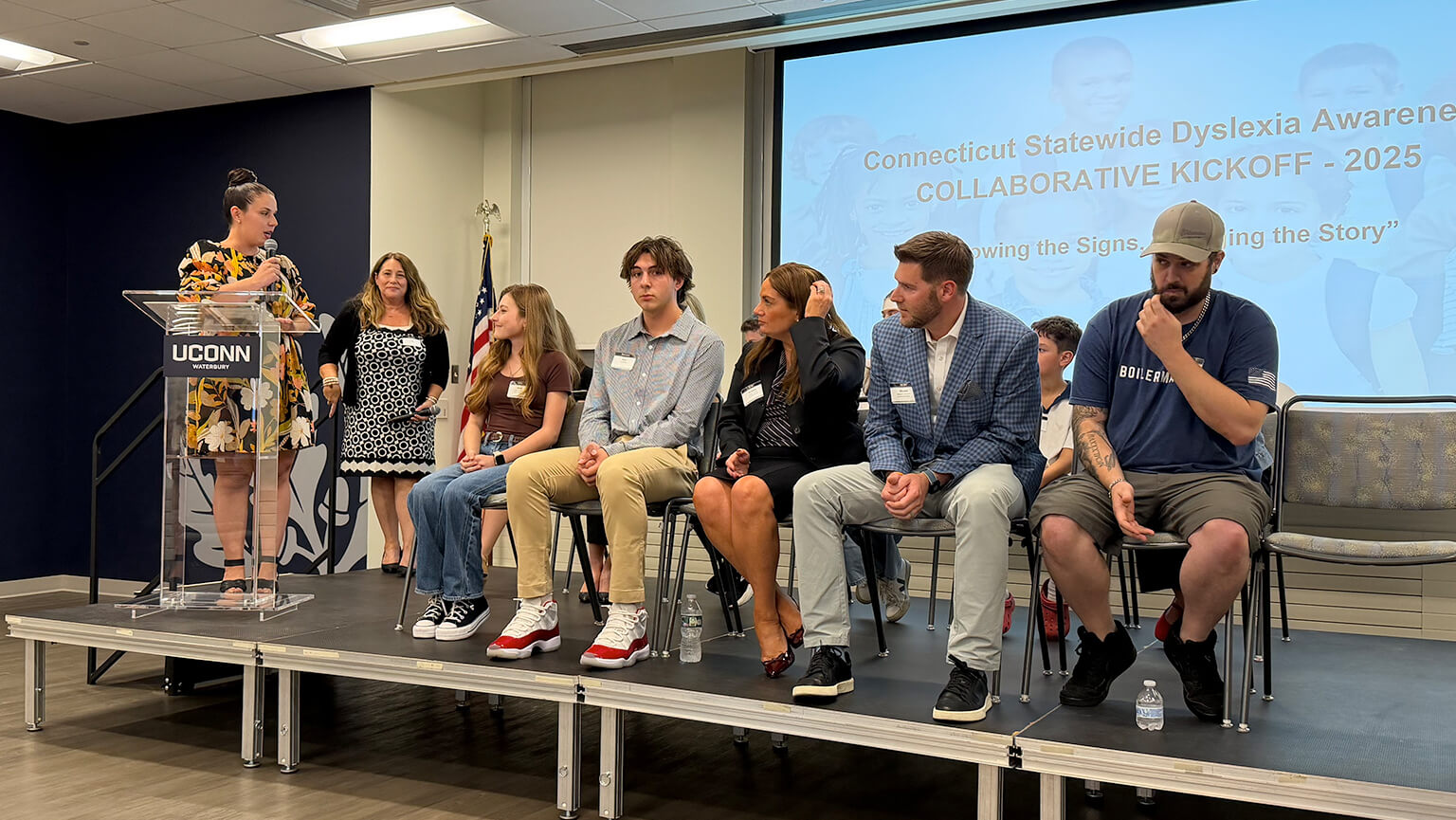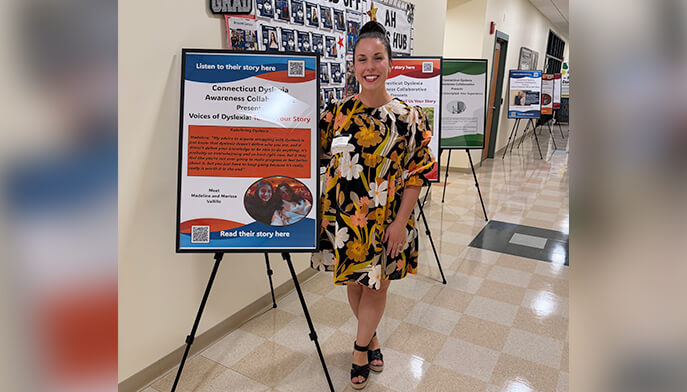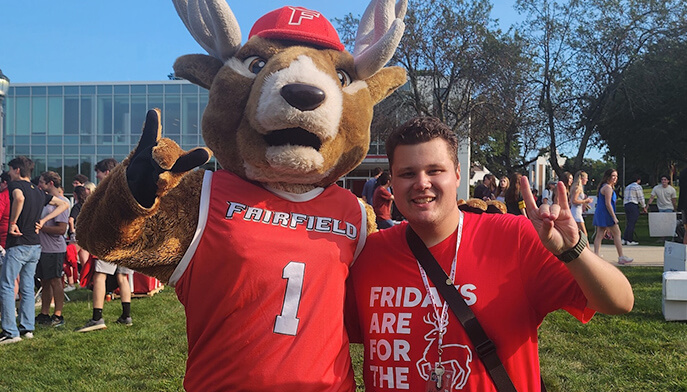
For Cynthia Adams, MA’23, the pursuit of literacy is as much about supporting teachers as it is about helping students learn to read. “What motivates me,” she says, “is making the work more manageable for educators and reminding them that the effort they put into their work really does change lives.”
Adams began her career teaching first grade in New Haven Public Schools. Passionate about helping her students develop strong reading and writing skills, she soon realized she needed more specialized knowledge to fully support her young readers. “I realized the knowledge and skills I had been equipped with in my undergraduate program and in-service professional learning did not reflect current research and effective practices around how children learn to read,” she explains.
That realization led her to Fairfield University, where she earned her Master of Arts in Remedial Reading and Language Arts. Adams describes her Fairfield experience as transformational.
“I gained a strong foundation in how the brain learns to read, as well as research- and evidence-based instructional practices,” she says. “The coursework and practicum experiences taught me how to design instruction that’s explicit, systematic, and responsive to student needs. Most importantly, I learned that with the right instruction, students can effectively learn how to read at all levels.”
Today, Adams serves as a Teaching and Learning Specialist at Cooperative Educational Services in Trumbull, Connecticut. She provides professional development, coaching, and consultation to schools across Fairfield County and beyond, collaborating with district leaders and teachers to strengthen literacy practices.




